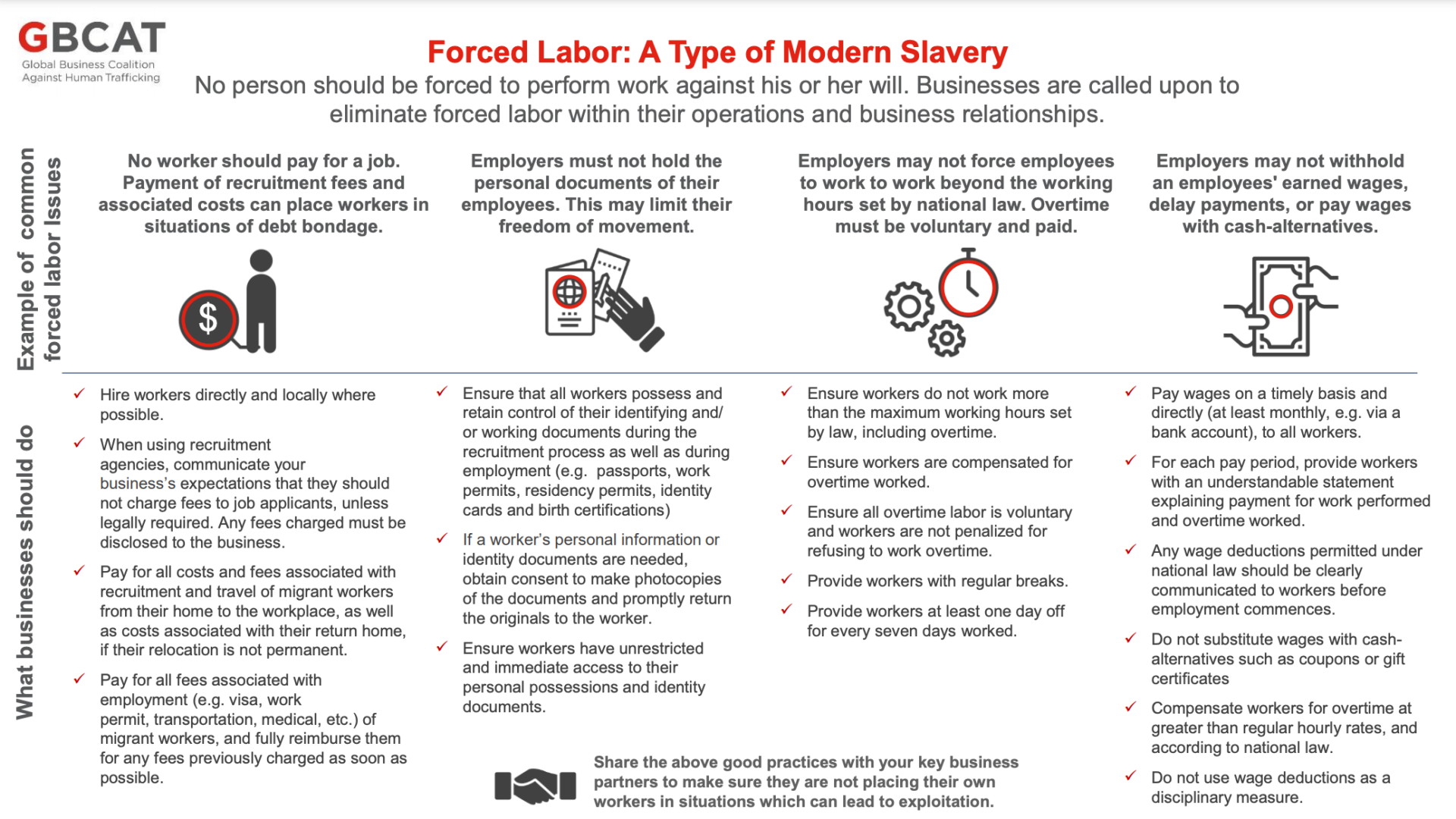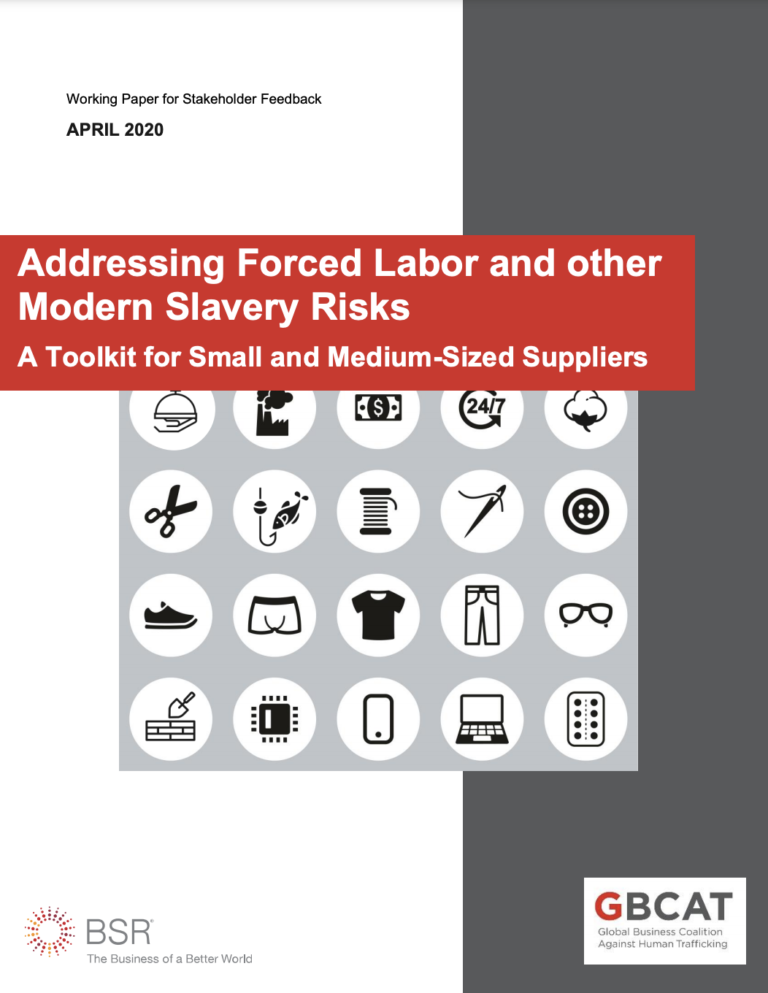Modern Slavery: Statutory Guidance for England and Wales (under s49 of the Modern Slavery Act 2015) and Non-Statutory Guidance for Scotland and Northern Ireland
GuidanceThis guidance is aimed at competent authority staff in any part of the UK who make decisions on whether or not an individual is a potential victim/victim of modern slavery for the purpose of the National Referral Mechanism (NRM) – wherever in the ...Read More


